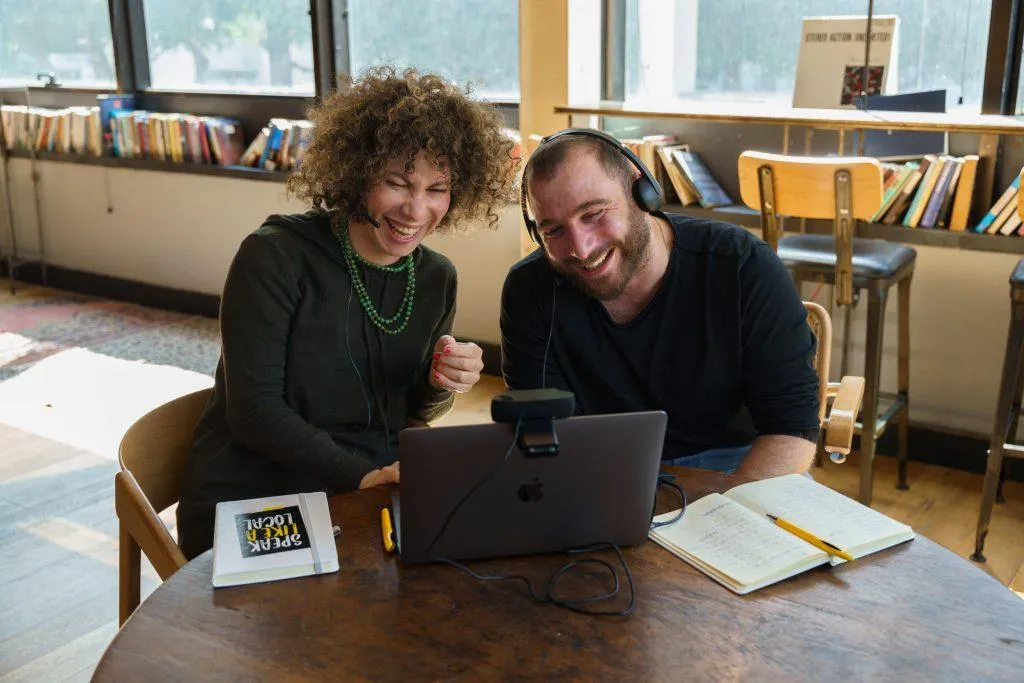Last weekend we celebrated The Jewish New Year ראש השנה (rohsh hah-shah-nah) which literally translates as “head of the year”. It’s a good opportunity to think about “New Year’s Resolutions” that you’ll later abandon, such as exercising, eating healthier and taking better care of your plants. But jokes aside, this is usually an opportunity for us to reflect on the previous year, and think about the next to come. Endings סופים (soh-feem) and new beginnings התחלות (haht-chah-loht) can sometimes make you feel different emotions, like excitement, fear or uncertainty. In Hebrew there are plenty of phrases that are related to new beginnings, so let’s cover a few of them:
סוף זה תמיד התחלה של משהו אחר
This common phrase means “An ending is always a beginning of something else” (good opportunity to check out our article about Endings in Hebrew) This phrase is somewhat of an answer תשובה (tshoo-vah) to the feeling of sadness that comes with an end: ending a relationship, leaving a workplace, graduating from school. But a new relationship (or job, or apartment) can never enter our lives without replacing the previous one – so endings are often a good thing ?. This phrase is also the first line of a popular Israeli song https://www.youtube.com/watch?v=ACa74tJVWm0.
להתחיל ברגל ימין
The translation of this phrase is “Starting off on the right foot”, starting something in a good or positive way. Foot in Hebrew is רגל (reh-gehl) and right, as in the opposite of left, is ימין (yah-meen). The opposite phrase from this one is “לקום על צד שמאל” – “to get up on the left side”, meaning to start the day badly or poorly. To get up in Hebrew is לקום (lah-koom) and left is שמאל (smohl).
להתחיל עם מישהו \ מישהי
In Hebrew if someone flirts with you , you would say that they are “starting with you”! Maybe that’s because a flirt can be the beginning of a beautiful new love story… The 4 forms of present tense of the verb to start להתחיל (leh-haht-cheel) are:
Masculine singular מתחיל (maht-cheel)
Feminine singular מתחילה (maht-chee-lah)
Masculine plural מתחילים (maht-chee-leem)
Feminine plural מתחילות (maht-chee-loht)
So if someone is hitting on you, you would say הוא מתחיל איתי (hoo maht-cheel ee-tee) – literally “he’s starting with me” – or היא מתחילה איתי (hee maht-chee-lah ee-tee) if it’s a woman.
We wish you a Happy New Year, or in Hebrew – שנה טובה (shah-nah toh-vah)! May this year be full of new opportunities, growth, friendships, adventure and love. ֿ Is one of your “New Year’s Resolutions” learning Hebrew? If so, why not do something about it? Join us for a free online intro session, and discover our unique method. Start this year with some Hebrew!









